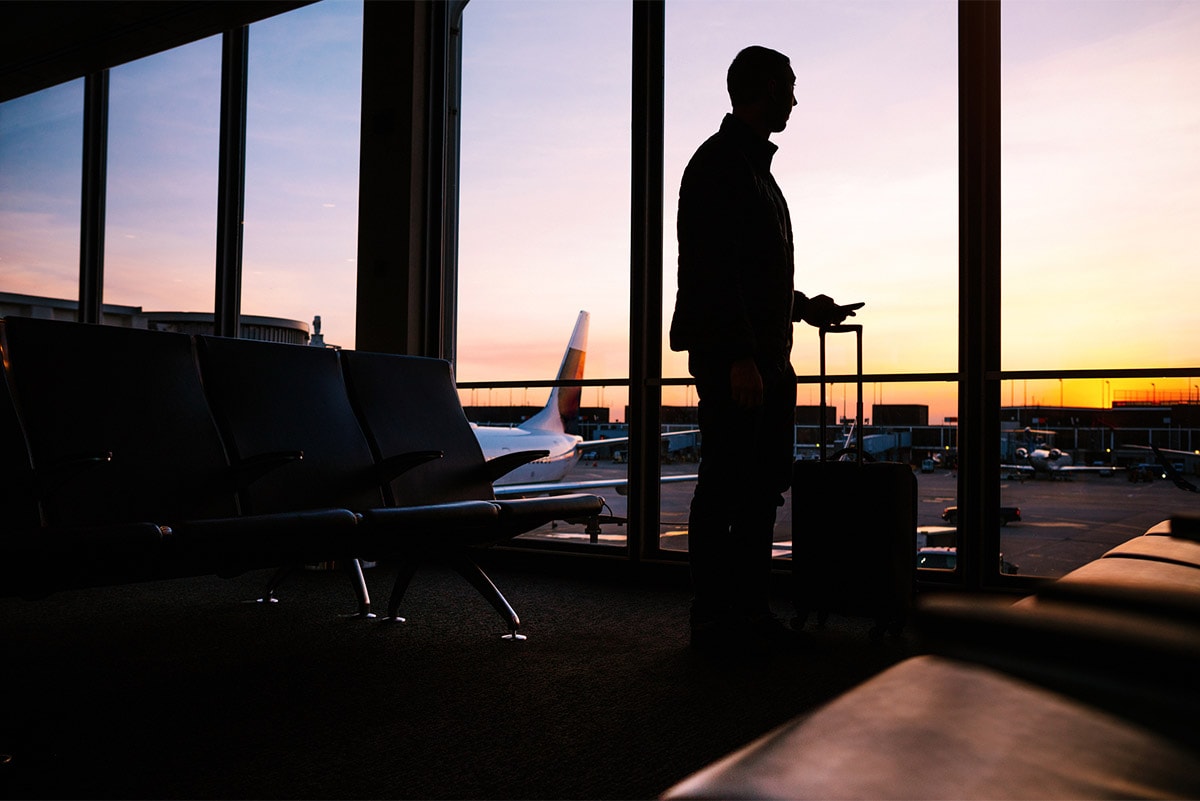13 February 2023
![]() 6 mins Read
6 mins Read

Omicron is a new variant of the SARS-CoV-2, commonly known as Coronavirus or Covid-19. First identified by epidemiologists in South Africa and classified as B.1.1.529, the World Health Organisation (WHO) listed B.1.1.529 as a Covid variant of concern on November 26th.
The WHO has begun to classify its variants of concern under successive letters of the Greek alphabet – such as Alpha, Beta and Delta, to avoid stigmatising countries where the variant was identified.
The WHO named the B.1.1.529 variant Omicron, which is the 15th letter of the Greek alphabet.
The Delta variant emerged as a significant variant of concern because of its infectiousness: it was more contagious and transmissible, spreading faster than other strains. Delta, for example, spread 50% faster than Alpha, the first WHO variant of concern, which in turn was more contagious than the original Covid-19 strain.
The answer to whether Omicron is worse than Delta? No one knows, yet.
At present, scientists have stressed all information on Omicron’s symptoms, severity and impact are largely anecdotal: while there is much comment and speculation, more research and hard evidence is needed to correctly identify its potential impact.
However, Omicron became headline news because of how quickly it was designated as a variant of concern by the WHO, compared to the 14 variants identified before it. For scientists studying the strain, the concern is the number of mutations – over thirty – that are appearing in the spike protein of the virus. It is this spike protein that first infects the cells, and most vaccines that have been developed target this protein.
The Omicron virus was first identified by South African epidemiologists on November 25th, and initially was given the designation B.1.1.529. However, the first positive sample dates back to November 9th. The WHO designated it as a variant of concern on November 26th.
While the immediate response by some countries has been to close borders to South Africa and other South African nations, this has created some frustration within the WHO, who have pointed out although it was identified first in South Africa, this is most likely because of their expert epidemiologists, and the variant may not have originated there.
WHO spokesperson Dr Margaret Harris, stressed in an interview with with ABC that, “Omicron is a variant of concern, not a variant of panic”.
At the moment, over thirty countries have identified citizens infected with the Omnicron variant of Covid-19, including the United States, United Kingdom, Saudi Arabia, South Africa and Brazil.
Australia has also detected a number of cases of the Omicron variant. New South Wales was the first to identify the variant. Since then, patients infected with the variant have been identified in the Australian Capital Territory and Northern Territory.
Significantly, those monitoring the spread of Omicron are watching the rate of community transmission: cases that enter a country not by international travel, but are transmitted within the community with no known origin.
The Prime Minister has publicly urged all states to stay on track for state border openings.
However, the Federal government’s reaction to the new variant was to delay the reopening of international borders to international students and working holiday makers, who were scheduled to be allowed to enter on December 1. Borders are now tentatively scheduled to open December 15th to this group.
Both Victoria and NSW have reiterated they are committed to staying open after some of the country’s longest lockdowns, however both now have new self-quarantine and quarantine rules in place for international visitors.
Other states have opted to put new interstate restrictions in place.
Some states have updated their border requirements and restrictions since the variant emerged, but this has been in part to the emergence of clusters of new cases.
Western Australia and the Northern Territory closed their respective borders to South Australia on Friday in light of new case numbers.
South Australia has enforced new border restrictions on arrivals from New South Wales due to the growing number of Omicron cases in the state. They now must be tested at the airport and isolate until they receive a negative test. Travellers will also be required, if they’re staying in South Australia, to have a further test on day six.
Tasmania has banned anyone who has spent time in an overseas location on or since November 28th from the Apple Isle (except from New Zealand’s South Island), but has reiterated it is on track to open to mainland Australia on December 15th.
In the past, Queensland has been particularly wary of reopening borders, but has indicated it is still on track for the planned border reopening. However, on Saturday it was announced anyone who has been in Adelaide since November 28th must undertake a mandatory 14-day quarantine from 1am Sunday 5th December.
If there are no current restrictions or health mandates in place: go. You booked a holiday most likely because you needed one, and thousands of small businesses and hundreds of communities trying to revive their tourism industry are relying on this summer season to revive their livelihoods.
However, it is worthwhile to pay attention to interstate state government rules and restrictions, to ensure you’ll not only be able to travel to your destination of choice but to ensure you can return back to your home state if the situation changes.
Ensure you carry your digital vaccination certificate with you, practice all recommended health mandates such as wearing a mask and social distancing, and get tested if you have any symptoms.
It’s also worth clarifying terms and conditions for your booking, which should be available on your airline, hotel or travel agent’s website or in the confirmation emails, so you know what their policy is.
LEAVE YOUR COMMENT